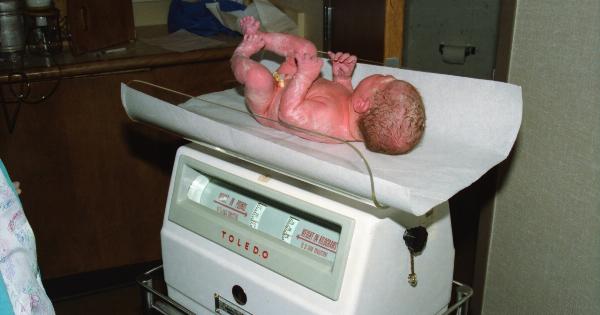Taking the decision to have your baby undergo surgery is a tough one for any parent. While surgery may be necessary in some cases, it comes with potential risks and complications. It can be even more challenging when it’s your baby undergoing surgery.
However, there are certain measures you can take to help ensure that your little one comes out of surgery safe and healthy. In this article, we’ll share some tips on how to keep your baby safe from surgery.
1. Choose a qualified and experienced doctor
The most critical factor to consider before going in for surgery is choosing the right doctor. You want to opt for someone who is qualified, experienced, and who has a good reputation.
When searching for a surgeon, do your homework compiling a list of possible candidates, and do some research on each. Ensure that you pick a doctor who has experience performing similar surgeries and has a high success rate.
2. Ask questions and get clarification
Don’t be afraid to ask questions or express concerns about what the surgery entails, what the success rate is, the processes involved, and the potential risks associated with the procedure.
Your doctor should be willing and able to address all your concerns impartially and offer guidance and advice where necessary. Don’t hesitate to request clarification if something is not clear.
3. Prepare your baby adequately
Preparing your baby for surgery is critical. Help them understand the procedure in a language they can understand. Don’t make promises you cannot keep – be honest and open with them about what to expect.
Depending on your baby’s age, explain what the procedure will entail, how long it might take, and what kind of symptoms they may experience afterward. This is an excellent way to calm their nerves and make them feel more confident and prepared.
4. Stick to pre-surgery instructions
Your doctor may offer some pre-surgery instructions to follow to ensure your baby is ready for the procedure. These may include limiting food intake, stopping certain medications, or implementing certain lifestyle changes.
Ensure you follow these instructions precisely as they are given to you to help avoid complications and ensure the best outcome possible.
5. Ask about post-surgery care
Post-surgery care is a critical aspect of the healing process. Ask your doctor what treatments are involved, what activities your baby can perform, and guidelines for feeding habits.
With this information, you can take care of your baby appropriately and help speed up the recovery process.
6. Keep your baby comfortable
Ensure that your baby is comfortable before the surgery. Dress them comfortably, keep them warm, and give them their favorite toy, pacifier, or blanket to keep them calm and relaxed.
All of these factors can help your child feel safer and more comfortable going into surgery.
7. Stay calm and positive
Undergoing surgery can be stressful for parents and babies alike. However, it’s important to stay calm and positive throughout the process. Your baby can pick up on your emotions, so try to be as relaxed and calm as possible.
Be reassuring and offer words of encouragement to your child, providing them with the confidence they need to get through the surgery.
8. Ask for a helping hand
You may need help with your baby after surgery, especially if they are minor or require more complex care. Don’t be afraid to ask for help from your family and friends or seek out professional help if you need it.
Your doctor may have recommendations or be able to offer some assistance.
9. Monitor your baby’s progress
After surgery, it’s important to monitor your baby’s recovery progress and check for any potential complications. Monitor their vital signs, temperature, and any other recommendations provided by your doctor.
Ensure that your baby is adequately hydrated and well-nourished, and keep an eye out for any warning signs, such as fever or increased pain. Contact your doctor immediately with any concerns.
10. Allow time for recovery
Finally, be patient during the recovery process. Every baby heals differently depending on their age, health, and the complexity of the surgery. It’s essential to allow your baby the time they need to recover fully.
Don’t rush them back into their day to day activities or ignore their need for rest and relaxation as they heal.































